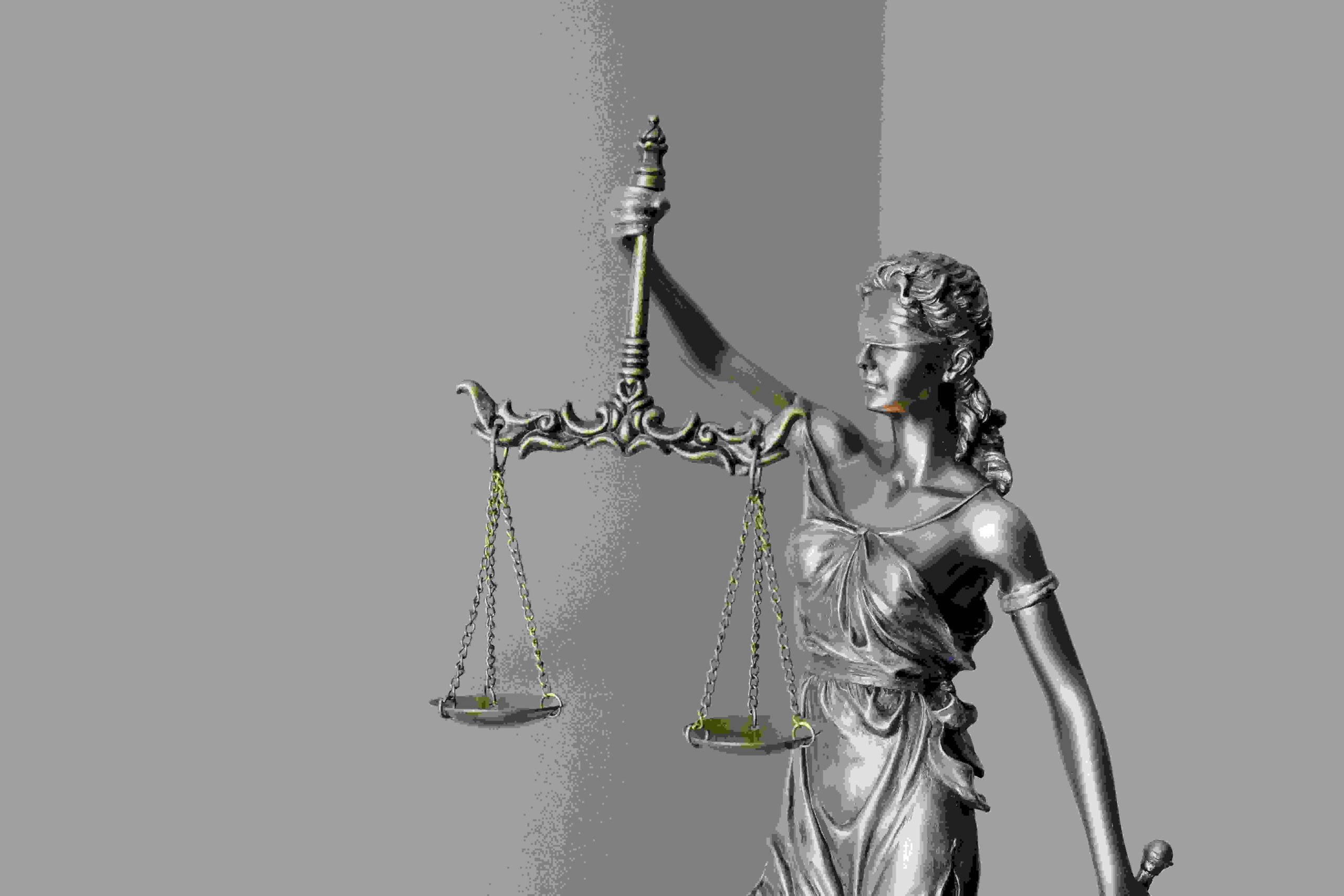
Reckless Driving in New Jersey: The Dangers and Consequences
Reckless Driving In New Jersey: Understanding the Perils of Unsafe Behavior on the Roads
When you think of New Jersey, the Garden State, you might envision beautiful landscapes, bustling cities, and a rich cultural heritage. However, like any other state, New Jersey faces a significant challenge on its roads – reckless driving. This dangerous behavior can lead to severe consequences, affecting not only the reckless driver but also innocent people sharing the road. In this article, we delve into the perils of reckless driving in New Jersey and the potential consequences that should make all drivers think twice before engaging in such behavior.
The Definition of Reckless Driving in New Jersey
Reckless driving in New Jersey is legally defined as a willful and wanton disregard for the safety of others on the road. This behavior includes a wide range of dangerous actions, such as excessive speeding, aggressive weaving between lanes, ignoring traffic signals and signs, driving under the influence, and engaging in distracting activities like texting while driving. It’s important to note that reckless driving goes beyond mere negligence; it involves a conscious choice to endanger others.
The Dangers of Reckless Driving
Reckless driving poses significant dangers to everyone on the road, including pedestrians and cyclists. Here are some of the most prevalent risks associated with reckless driving in New Jersey:
1. Increased Risk of Accidents: When drivers engage in reckless behavior, they significantly increase the likelihood of accidents. Excessive speeding and aggressive driving make it challenging to react to unexpected situations, such as sudden stops or obstacles in the road.
2. Injury and Loss of Life: Reckless driving often leads to severe injuries and fatalities. Innocent people who are obeying traffic laws can become victims of reckless drivers who fail to take proper precautions.
3. Legal Consequences: Reckless driving convictions can result in serious legal consequences. Penalties may include fines, license suspension, and even jail time, depending on the severity of the offense.
4. Increased Insurance Premiums: Reckless driving convictions can also lead to higher insurance premiums. Insurance companies view reckless drivers as high-risk individuals and adjust rates accordingly.
5. Emotional and Psychological Impact: Being involved in a reckless driving accident, or witnessing one, can have lasting emotional and psychological effects on those affected. It can lead to anxiety, depression, and post-traumatic stress disorder.
Consequences of Reckless Driving in New Jersey
Reckless driving in New Jersey carries various legal and personal consequences, making it essential for drivers to think twice before engaging in such behavior. The following are some of the significant repercussions:
1. Fines and Penalties: Depending on the severity of the reckless driving offense, fines can range from a few hundred to several thousand dollars. In addition to fines, reckless drivers may face court costs and other fees.
2. License Suspension: The New Jersey Motor Vehicle Commission can suspend a driver’s license for a period ranging from 30 days to several years, depending on the offense.
3. Points on Driving Record: Reckless driving convictions result in points on a driver’s record. Accumulating too many points can lead to additional penalties, including higher insurance premiums or even license suspension.
4. Increased Insurance Costs: As mentioned earlier, reckless driving can lead to increased insurance premiums, making it more expensive for drivers to maintain coverage.
5. Criminal Record: Reckless driving can result in a criminal record, which can affect employment opportunities, housing, and various aspects of life.
6. Civil Lawsuits: Victims of reckless driving accidents can pursue civil lawsuits against the at-fault driver to seek compensation for medical bills, lost wages, and pain and suffering.
7. Loss of Driving Privileges: In extreme cases, reckless drivers may permanently lose their driving privileges, making it challenging to lead a normal life in a state where driving is often a necessity.
Preventing Reckless Driving in New Jersey
The best way to combat reckless driving is through prevention and awareness. Here are some steps that can be taken to mitigate the risks associated with this dangerous behavior:
1. Education: Public awareness campaigns and driver education programs can help emphasize the dangers of reckless driving and the potential consequences.
2. Law Enforcement: Stringent law enforcement and consequences for reckless driving can act as a deterrent.
3. Safe Driving Practices: Drivers should make a commitment to follow all traffic laws and adopt safe driving practices. Avoiding distractions, obeying speed limits, and using turn signals are simple yet effective ways to reduce the risk of reckless driving.
4. Community Involvement: Communities can organize events and initiatives aimed at raising awareness about the dangers of reckless driving. These efforts can engage the public and encourage responsible driving.
5. Support for Victims: Providing support and resources for victims of reckless driving accidents can help them cope with the physical, emotional, and financial challenges they may face.
New Jersey Reckless Driving is a serious issue that threatens the safety and well-being of all those who use the state’s roadways. It’s essential for drivers to understand the dangers and consequences associated with reckless behavior, and for society as a whole to work together to prevent such behavior on the road.
In conclusion, Reckless Driving In New Jersey is a perilous and unlawful behavior that has far-reaching consequences for both the reckless driver and the community at large. By understanding the dangers and consequences, we can strive to make New Jersey’s roads safer and more secure for everyone. Don’t let recklessness define your journey; prioritize safe and responsible driving.


